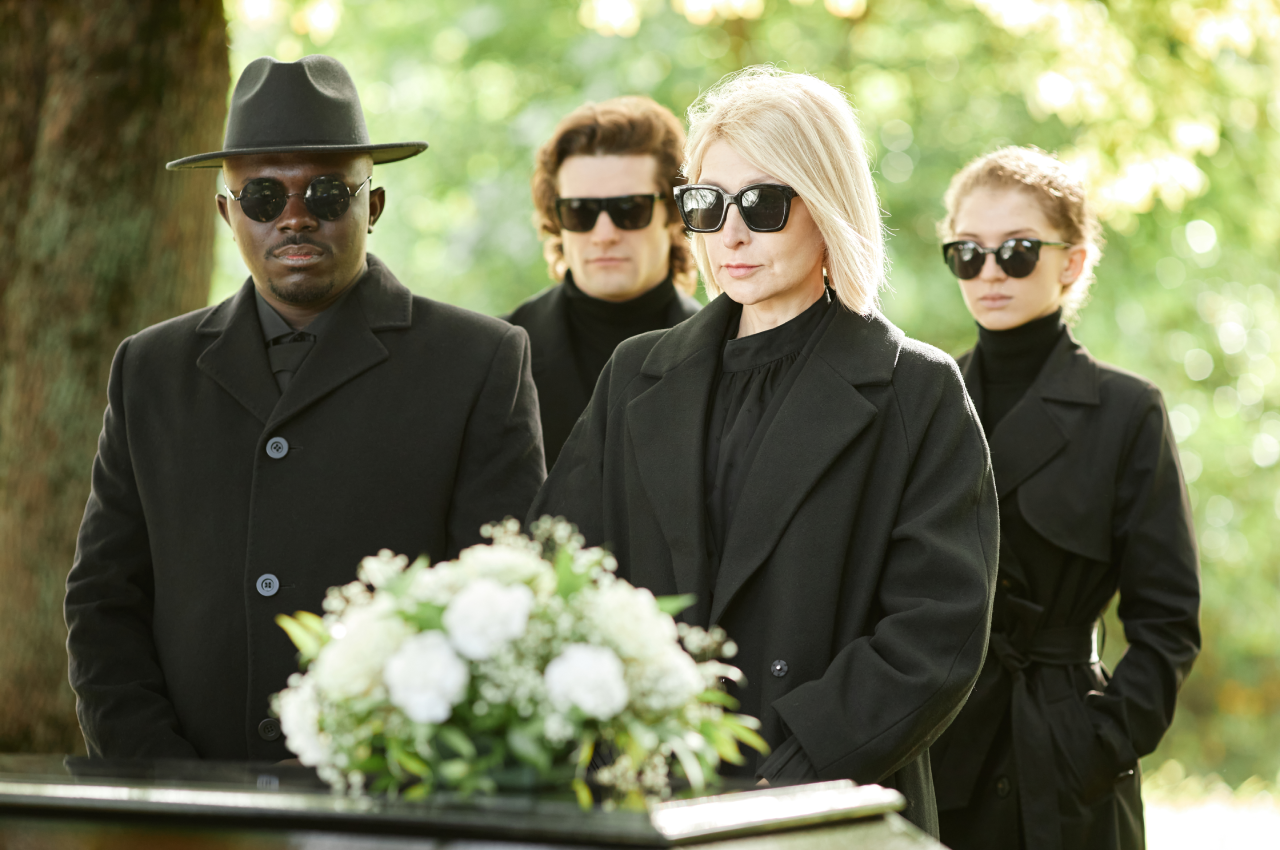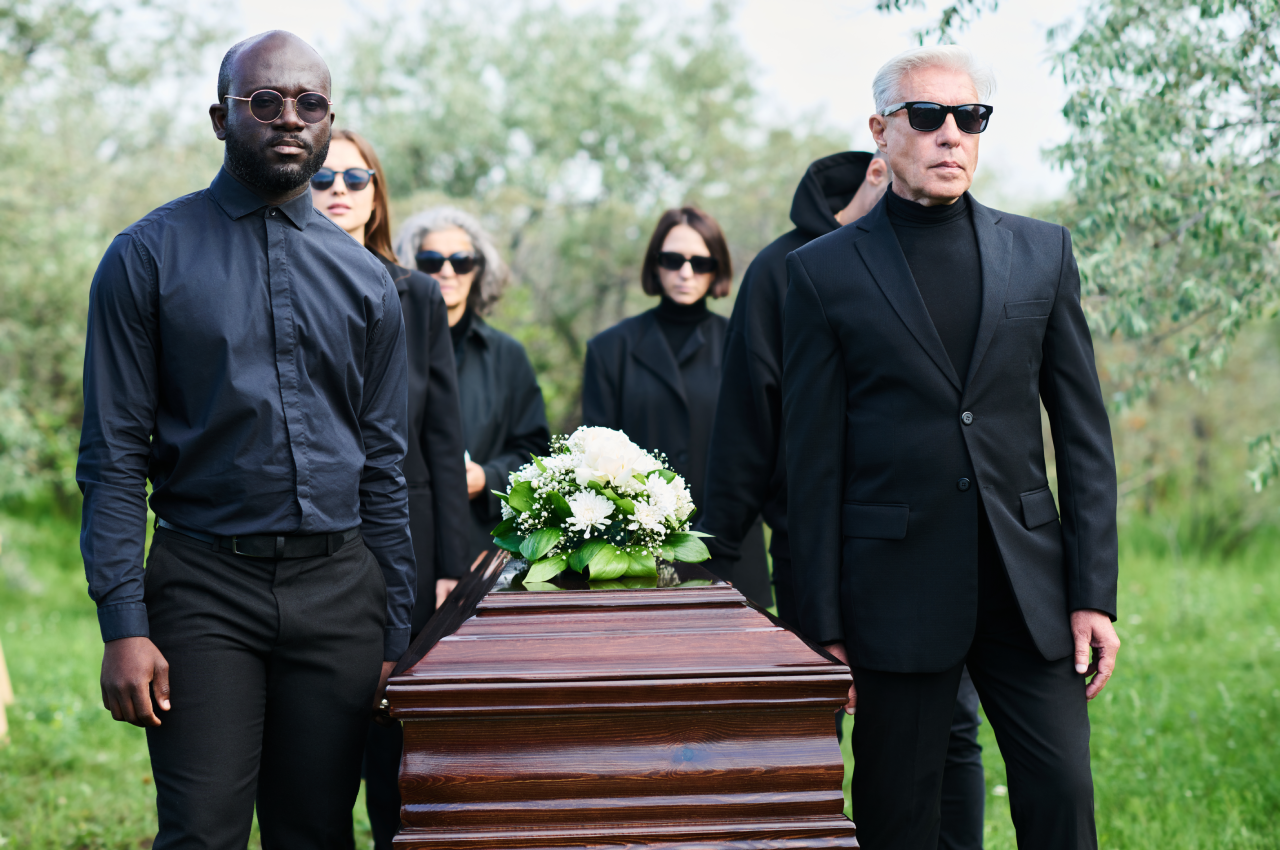When Death Occurs
- Home /
- Funeral Planning /
- When Death Occurs
Funeral Planning
When Death Occurs
Whether a death is sudden or expected, the loss of a loved one is indescribable. When you are in a heightened emotional state, even the most basic decisions can seem staggering. This section seeks to guide you through the immediate hours following a passing.
When death occurs at home or a place of business:
If the person was not under hospice care, the police will have to be notified immediately. The police will be dispatched to the home and will place the call to the coroner or medical examiner. From there, the coroner or medical examiner will remove the body and determine whether further action is necessary. The coroner or medical examiner must release the body before a funeral home can do anything. If the person was under hospice care, contact the hospice representative, and they will notify family members what the proper procedures are to follow.
If you’re uncertain what to do when someone dies, this is often one of the first steps after a death that families must take. These death at home procedures ensure legal and respectful handling of your loved one. Whether the death in a business location or private residence, contacting the right authorities helps make the process smoother and dignified.

When Death Occurs in a Hospital or Nursing Facility
When a death in hospital or nursing home occurs, the attending staff will make the official pronouncement and handle the necessary paperwork. Once the body is released, your chosen funeral home or cremation provider will be contacted to arrange transportation and care. The facility’s staff will guide you through the next steps and help ensure the process is handled with dignity and respect.
Knowing what to do when someone dies in a medical setting can relieve much of the emotional and procedural stress during this time.

Inform a Funeral Home
Once everything has been cleared with the proper authorities, the next call you place should be to a licensed funeral director. Funeral directors are here to help you obtain a death certificate, transport the body, and, in the event pre-planning was not done, select a casket or urn and arrange the funeral or memorial service. The funeral director will also help you notify the employer and insurance company of the deceased. Funeral directors are there to help and advise you every step of the way.
At Century Cremation, we include a complimentary wooden urn with every cremation service — a small gesture to honor your loved one with dignity and care.
Meet with a Funeral Director
You should meet with a funeral director within 24 hours of a death to begin making final arrangements for your loved one. Deciding on these final arrangements may seem like a very daunting task, especially when you are in a heightened emotional state. Do not worry — funeral home staff have years of experience and will strive to ensure everything goes as smoothly as possible.
Make Arrangements
Information required for the death certificate:
- Full Name and Address
- Marital Status
- Race/Ethnicity
- Date and City of Birth
- Highest Level of Education
- Father’s Name, Mother’s Name (including maiden name)
- Name of Spouse (if married or widowed)
- Occupation and Employer
Pertinent documents required for legal paperwork:
- Account Statements
- Beneficiary Designations
- Life Insurance Policies
- Real Estate Deeds
- Car and Boat Deeds
- Stock and Bond Certificates
- Pre-Nuptial Agreements
- Post-Nuptial Agreements
- Loans and Leases
- Copies of Bills (Hydro, Cable, Phone etc.)
- Last Will
- Tax Returns
If no pre-planning has been done, necessary arrangements need to be made for the funeral service including:
- Scheduling the __cpLocation, date and time of the visitation and funeral service
- Selecting burial or cremation
- Choosing Funeral Products
- Arranging a cemetery plot
- Preparing an obituary notice
- Scheduling transportation arrangements
A funeral director will guide you through all of these steps, using your wants, needs and desires as a foundation to create a memorable funeral for your loved one. From here the funeral services can be personalized. Did your loved one have a favorite sports team? What was their favorite type of music? What activity was your loved one known best for? Sharing these memories with the grieving process and will allow you to pay tribute to the life of your loved one.
